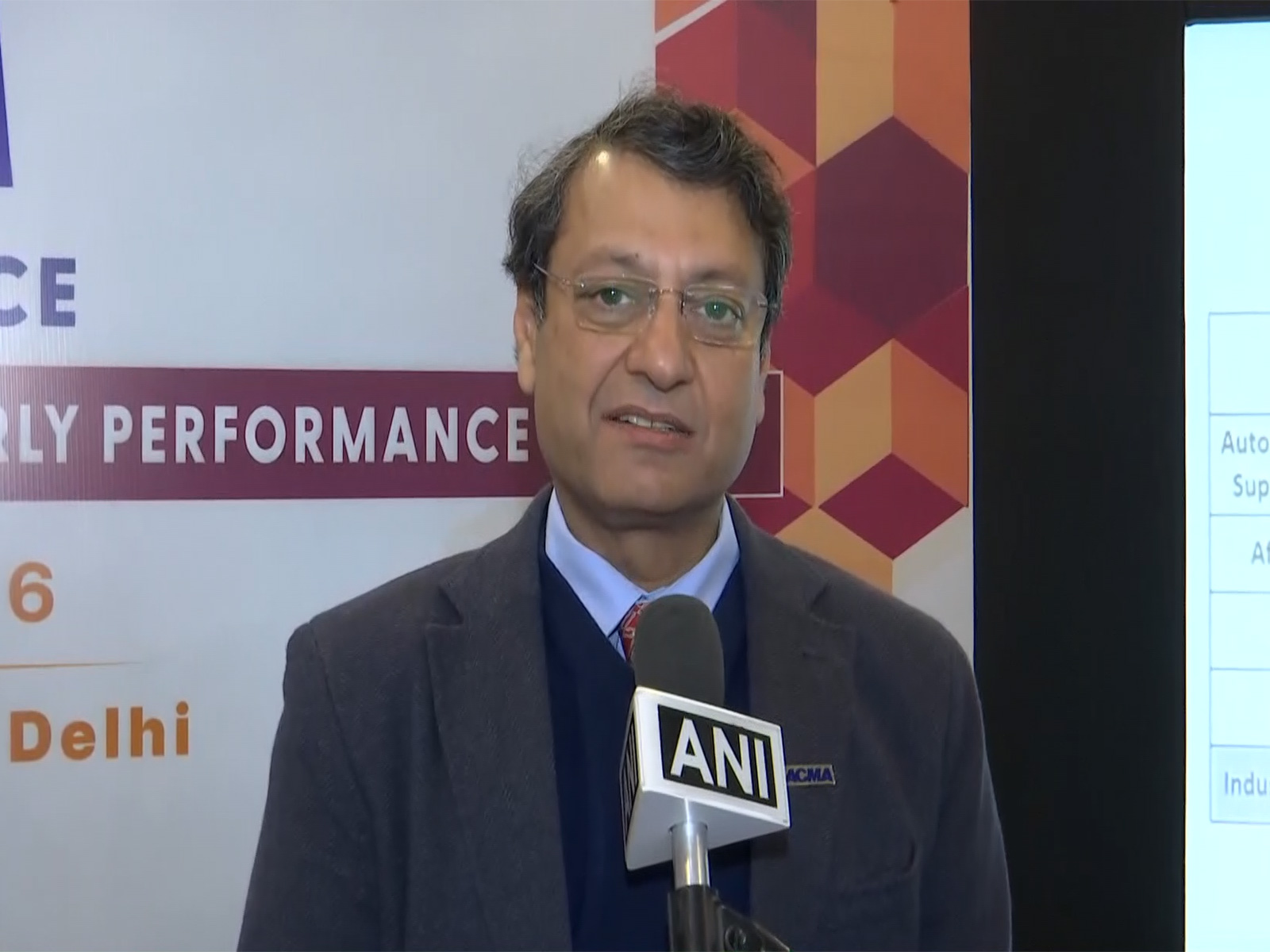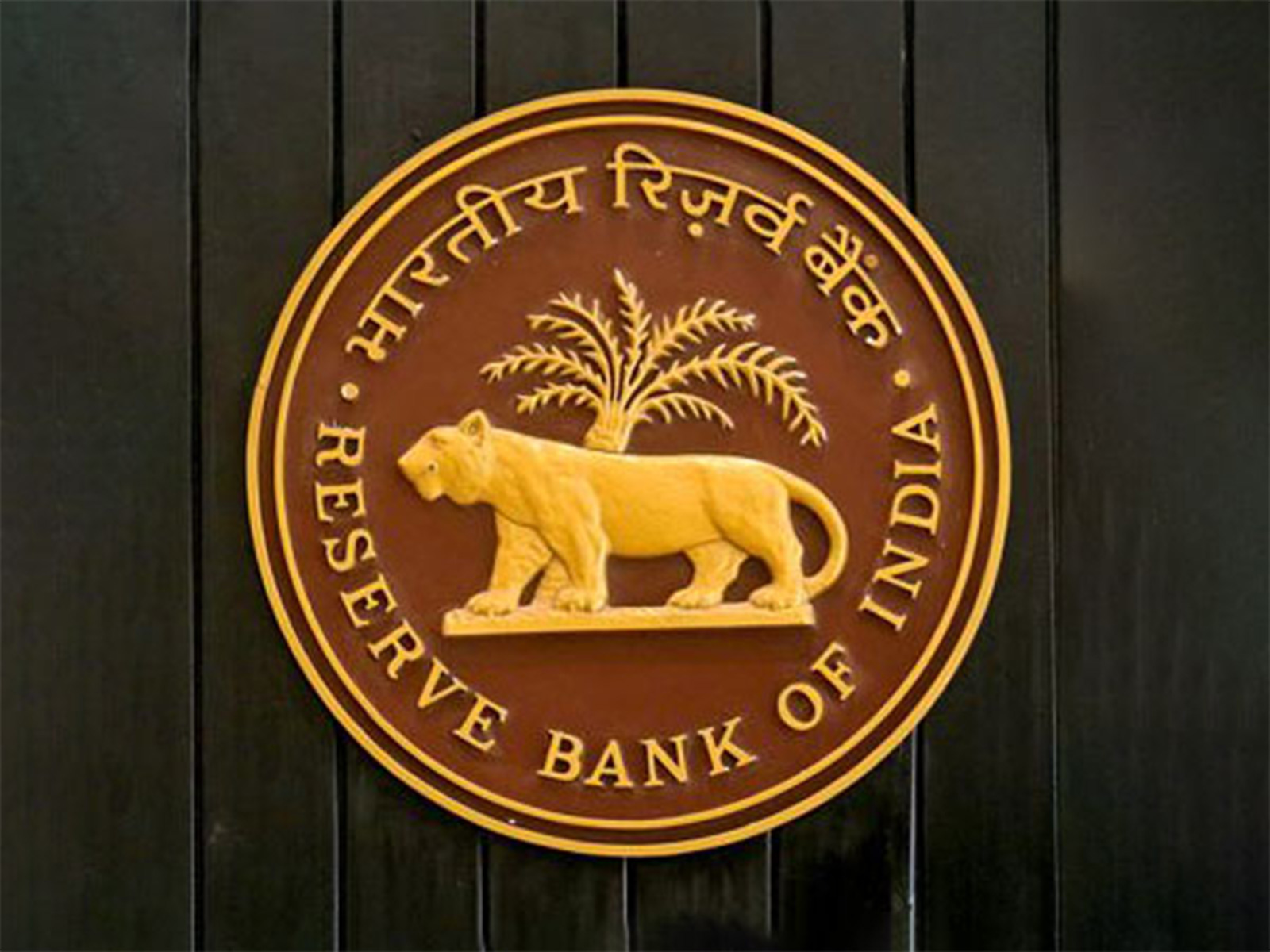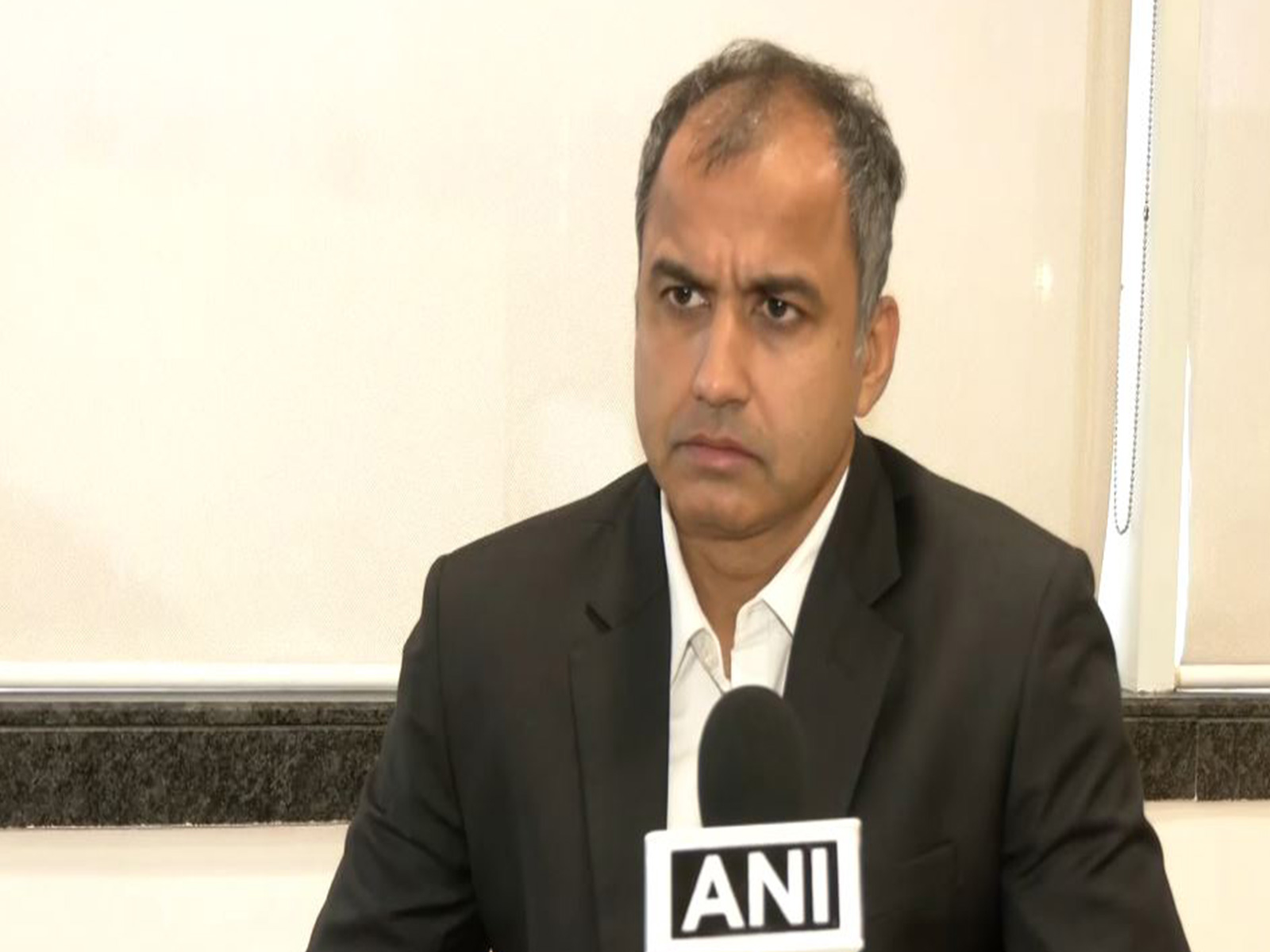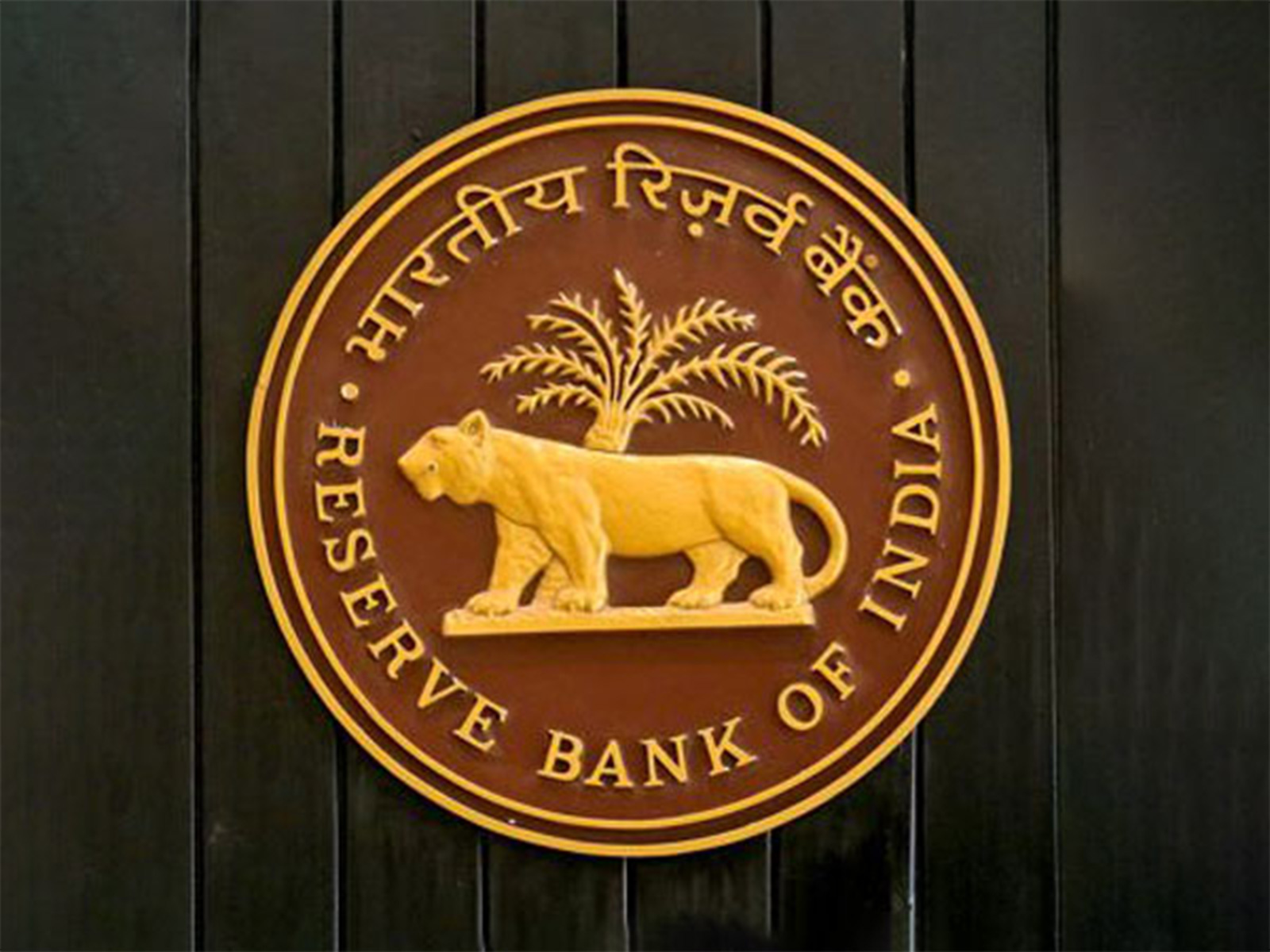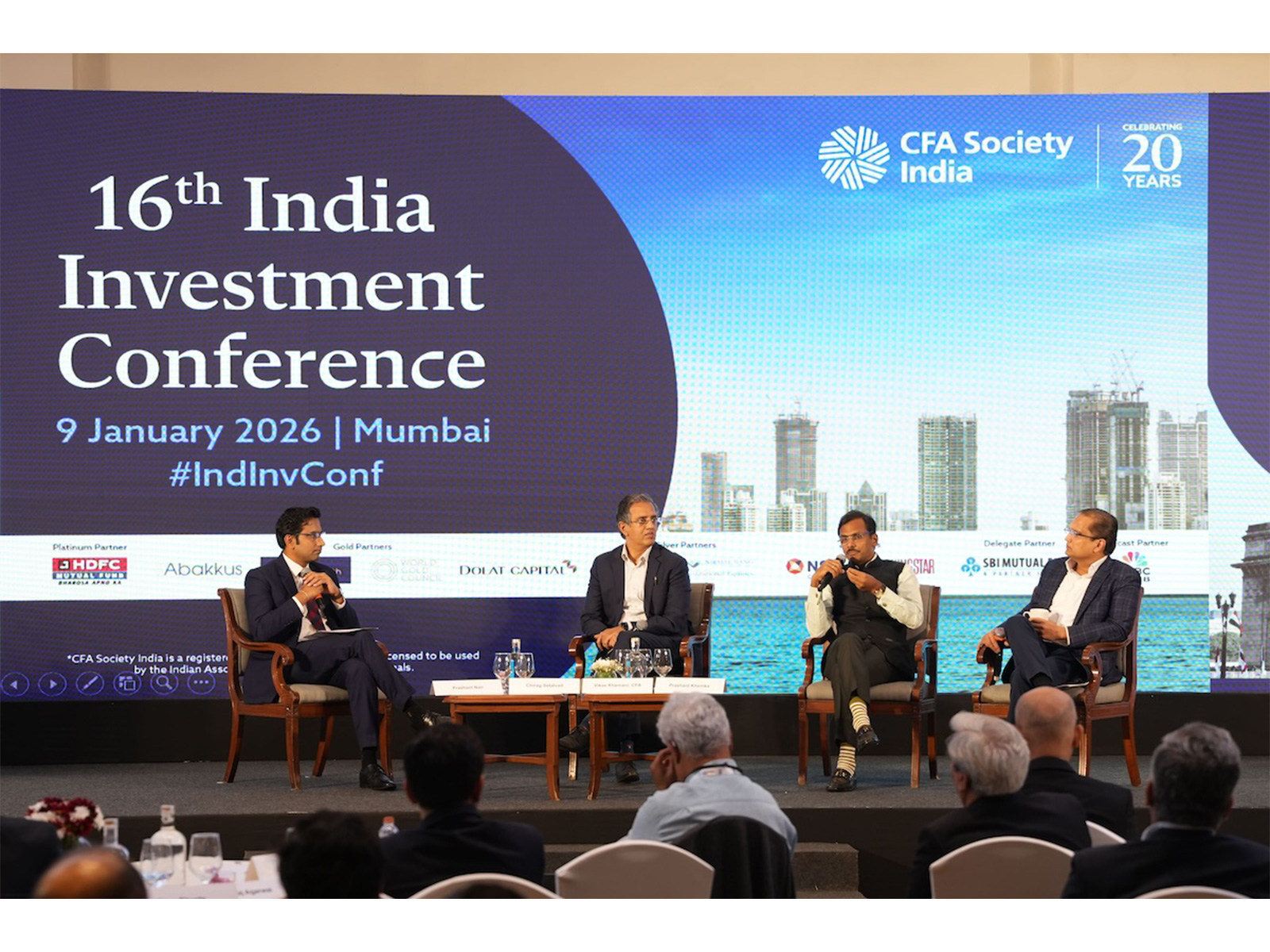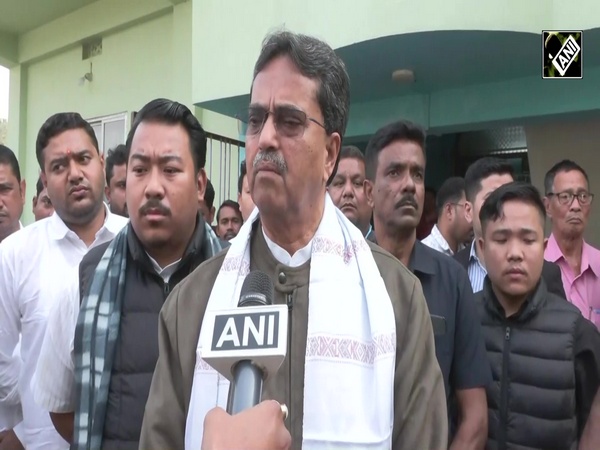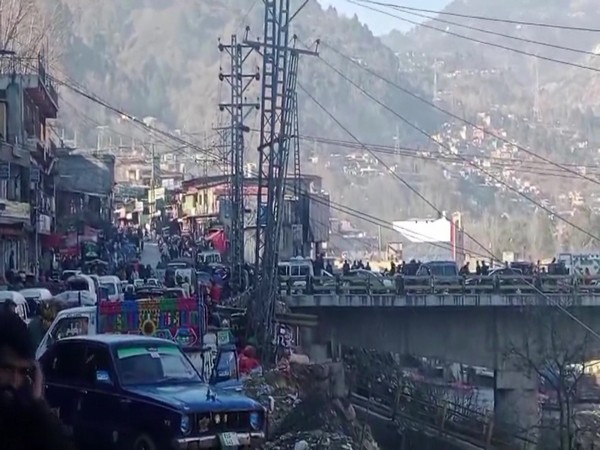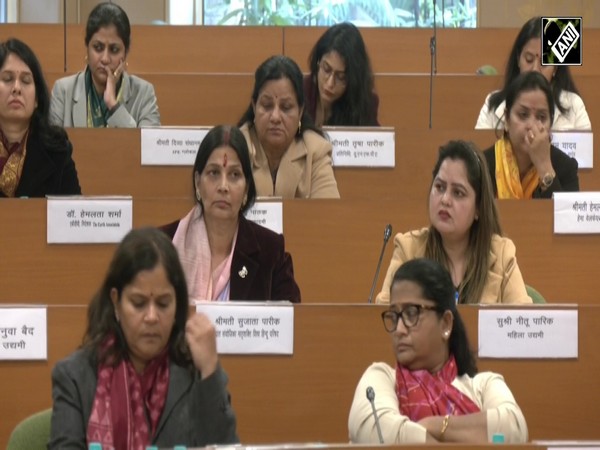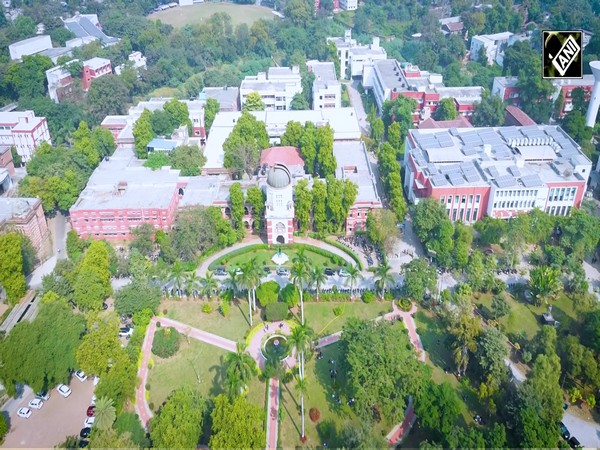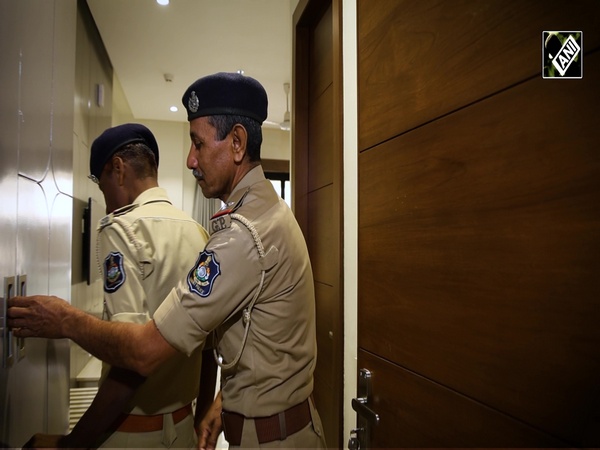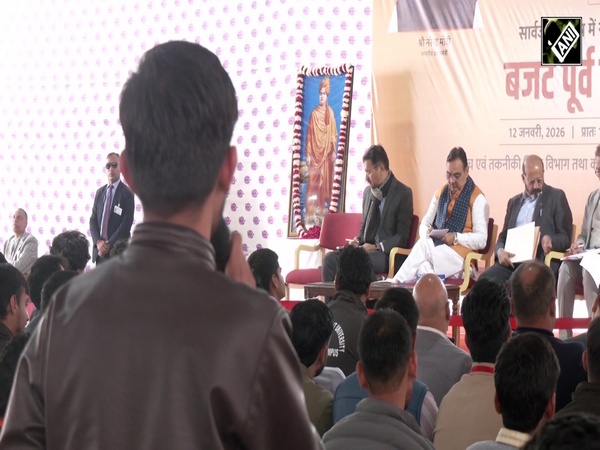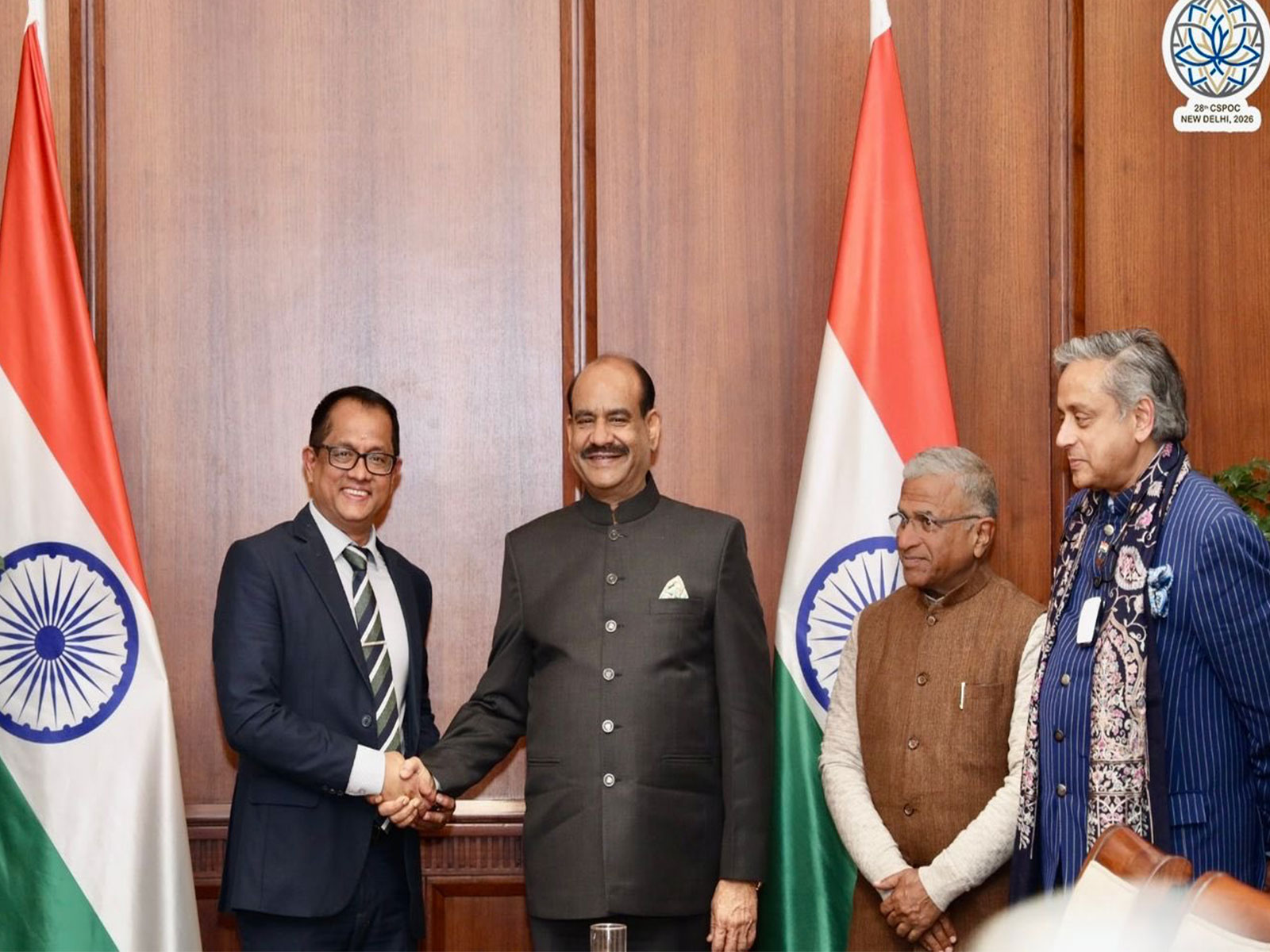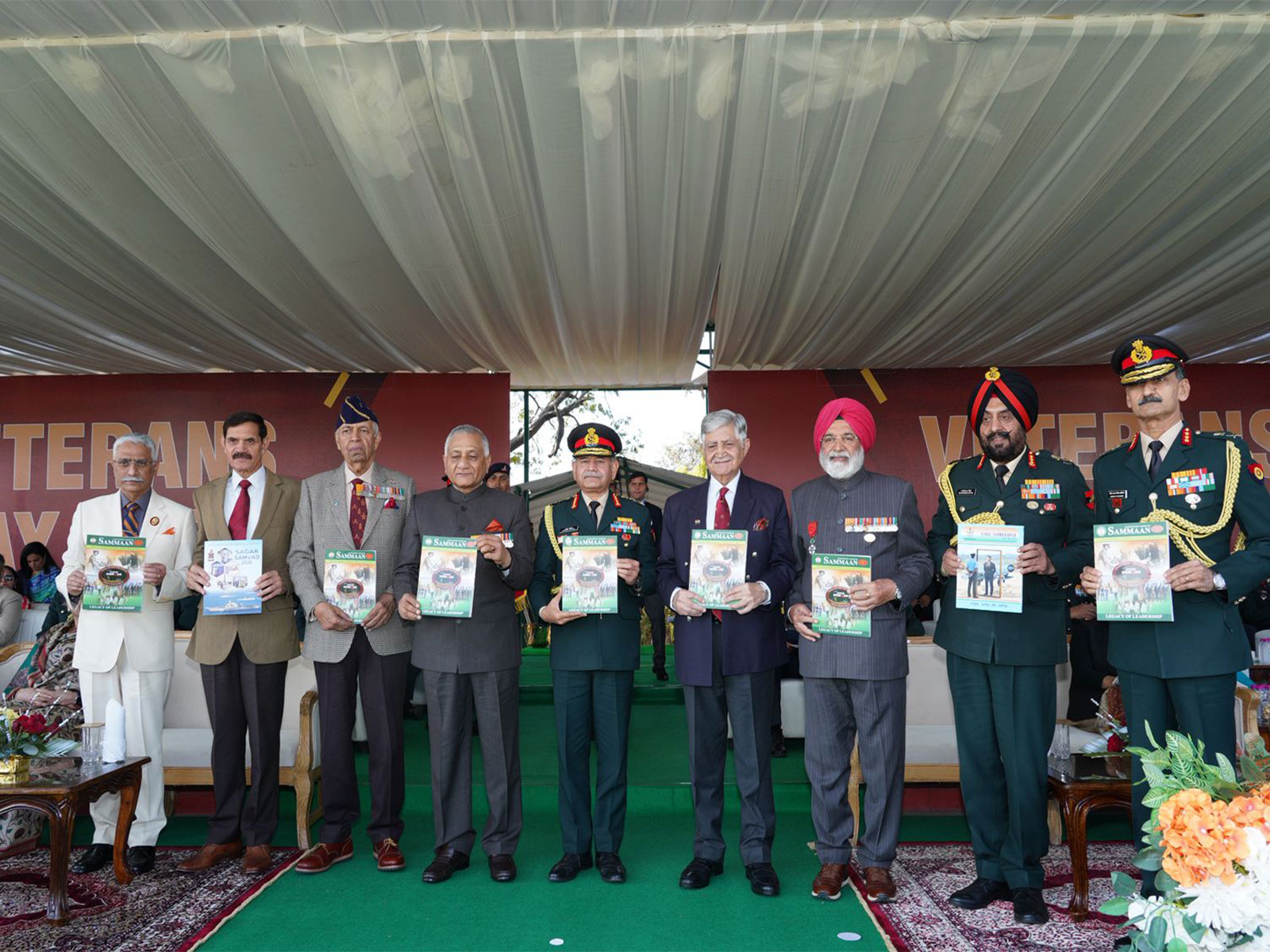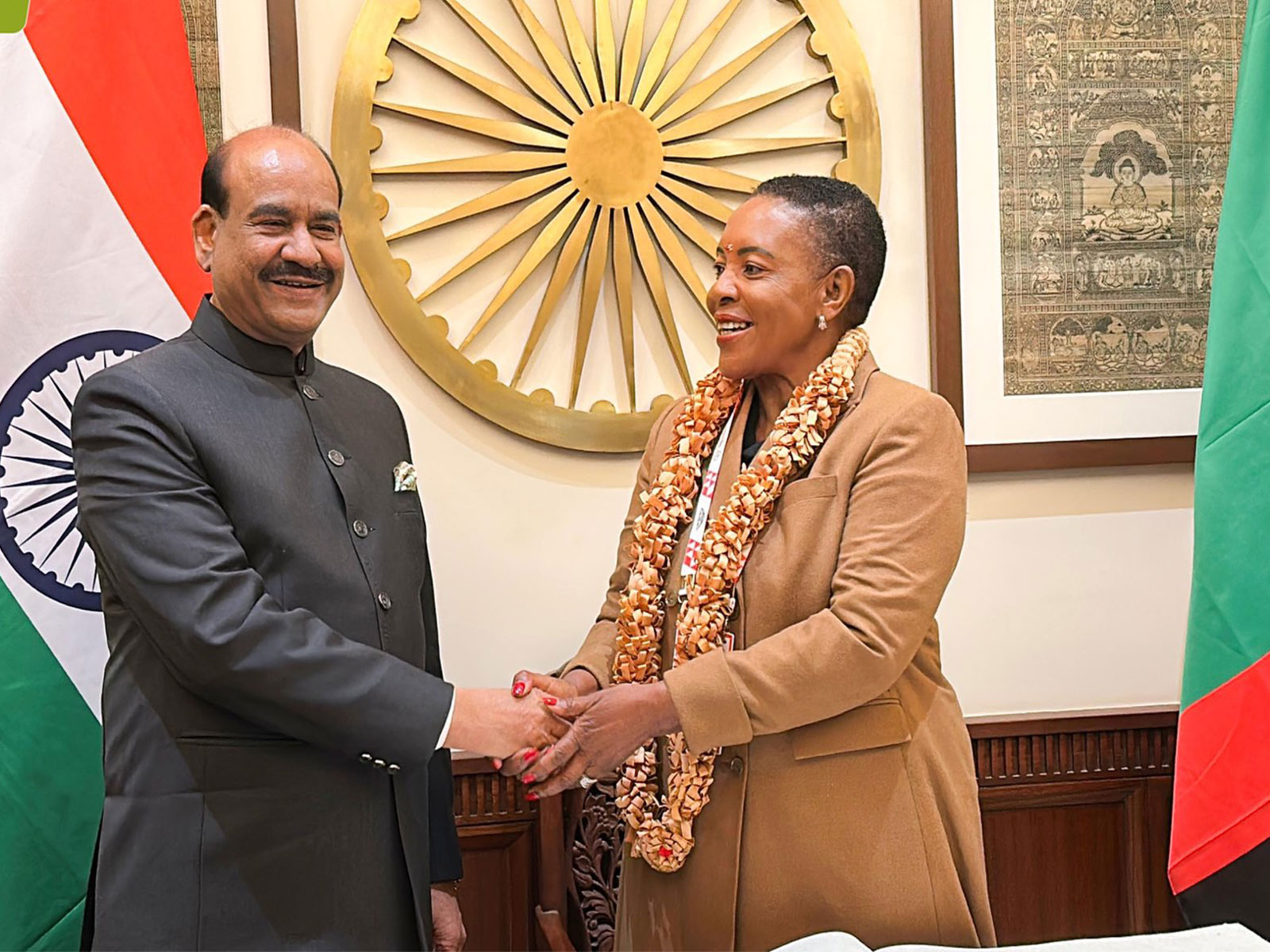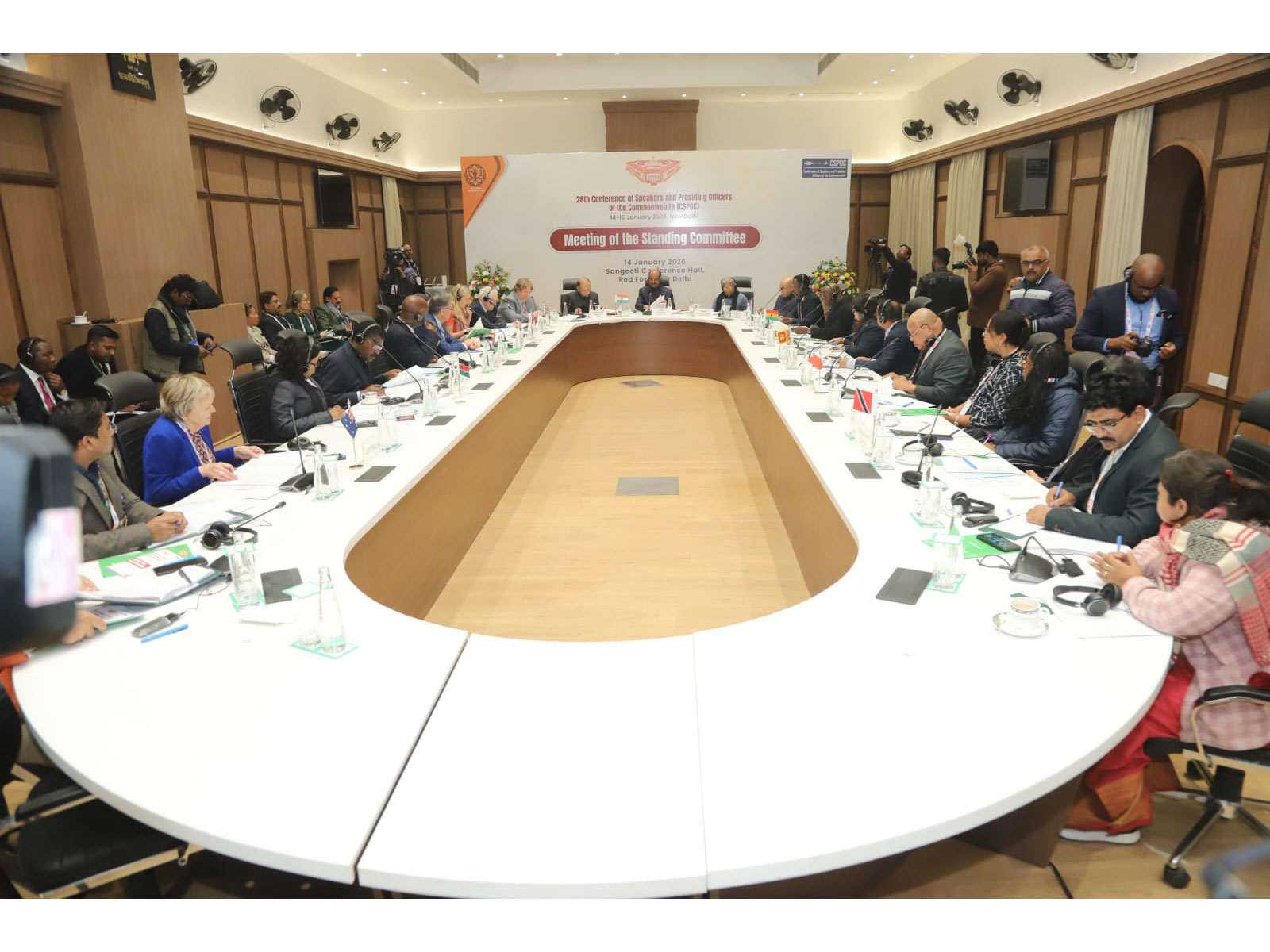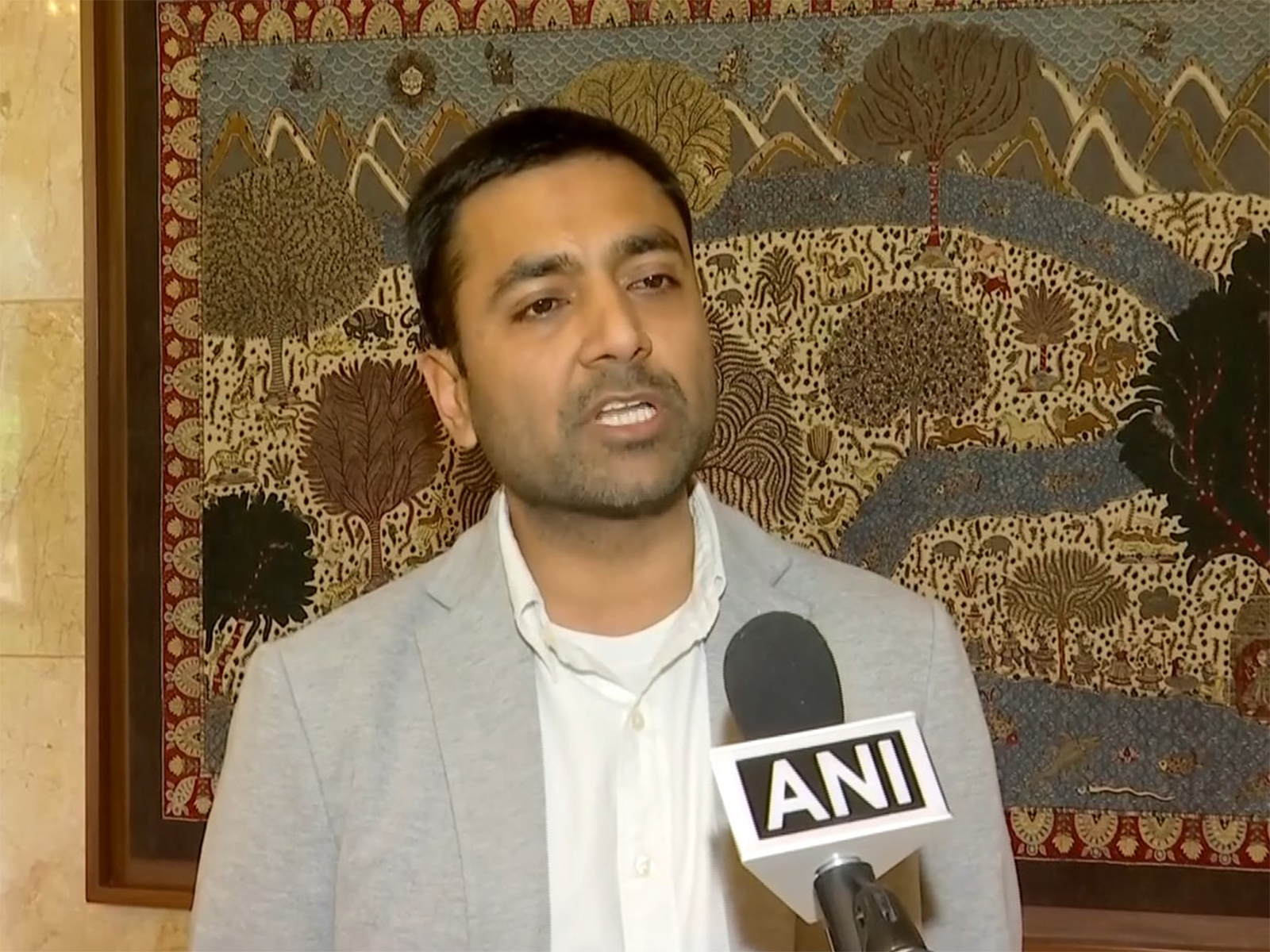
Polaris Smart Metering executing 10 million smart meters across India, aims to double market share
Nov 07, 2025
New Delhi [India], November 7 : Polaris Smart Metering, one of India's largest advanced metering infrastructure service providers (AMISPs), is executing contracts for 10 million smart electricity meters across India as part of the government's massive nationwide rollout to modernize power distribution and curb losses.
"We are executing contracts for about 10 million smart electricity meters and 1.6 million smart gas meters across India," said Yashraj Khaitan, Founder and CEO of Polaris Smart Metering, in an exclusive interview with ANI.
He also said that the company is aiming to double the market share within half decade.
"Currently, we hold close to 10 per cent of India's market share and are targeting to double that over the next three to five years."
Khaitan said Polaris aims to complete nearly half of its 10-million smart meter orders within the next year.
"We provide an integrated solution that includes the meters, communication stack, software platform, and turnkey EPC execution under long-term contracts extending up to 10 years," he added.
Explaining the broader significance of the rollout, Khaitan said that smart metering is helping utilities tackle two major challenges power theft and supply reliability.
"Smart meters provide real-time insights on how much power is being fed into and billed from the grid," he said. "With tamper alerts and analytics, utilities can immediately identify and act on theft while also improving power quality and reliability."
He added that the transition is especially timely as India's renewable energy capacity now exceeds 50% of total generation, driven by solar and wind.
'Smart meters enable demand-side management, allowing utilities to align consumption patterns with renewable generation, reducing price volatility and enhancing grid stability," Khaitan said.
Calling the government's plan to replace 250 million conventional meters with smart ones a "bold leap," he said the move has made India leapfrog from electronic meters to advanced AMI (Advanced Metering Infrastructure) systems under a public-private partnership model the first of its kind globally.
Citing the success of Polaris's project in Ladakh and Kargil, India's first fully smart-metered region, Khaitan said, "Losses there were over 40 per cent before we started. Today, we're billing 97-98 per cent of consumers monthly, and power availability has improved sharply."
Energy access means reliable 24x7 power, Khaitan concluded. "Smart meters are the digital backbone enabling that by cutting losses and empowering utilities to deliver uninterrupted, affordable electricity."
Smart meters are a core contributor to reducing energy losses, said Yashraj Khaitan told ANI, adding that the company's early focus on smart metering since 2012 positioned it well once the policy environment became supportive.
He said that Polaris was the first private company in India to execute the PPP-based business model for smart metering, which later became the national standard.
Khaitan sajd that the company now has over a billion dollars in order book, covering 11.6 million meters across electricity and gas.
"We have grown from producing a few tens of thousands of meters annually to nearly a million meters deployed on the ground in record time," he said.
Polaris is also setting up a gigafactory in Rajasthan, which will be the largest of its kind in India, aimed at fueling both domestic demand and international expansion.
Expressing confidence in India's innovation strength, Khaitan said, "At the price points and technology level we're achieving, India will soon become one of the largest exporters of smart grid technology globally."
He acknowledged ongoing challenges, including consumer myths that smart meters overcharge.
To counter this, the government mandated periodic checks with old electronic meters. The facts prove smart meters charge accurately, he said.
"Out of 250 million meters targeted, 150 million have already been awarded and 45 million deployed," Khaitan said, adding that "With strong government backing, this critical infrastructure will be built at unprecedented speed."
